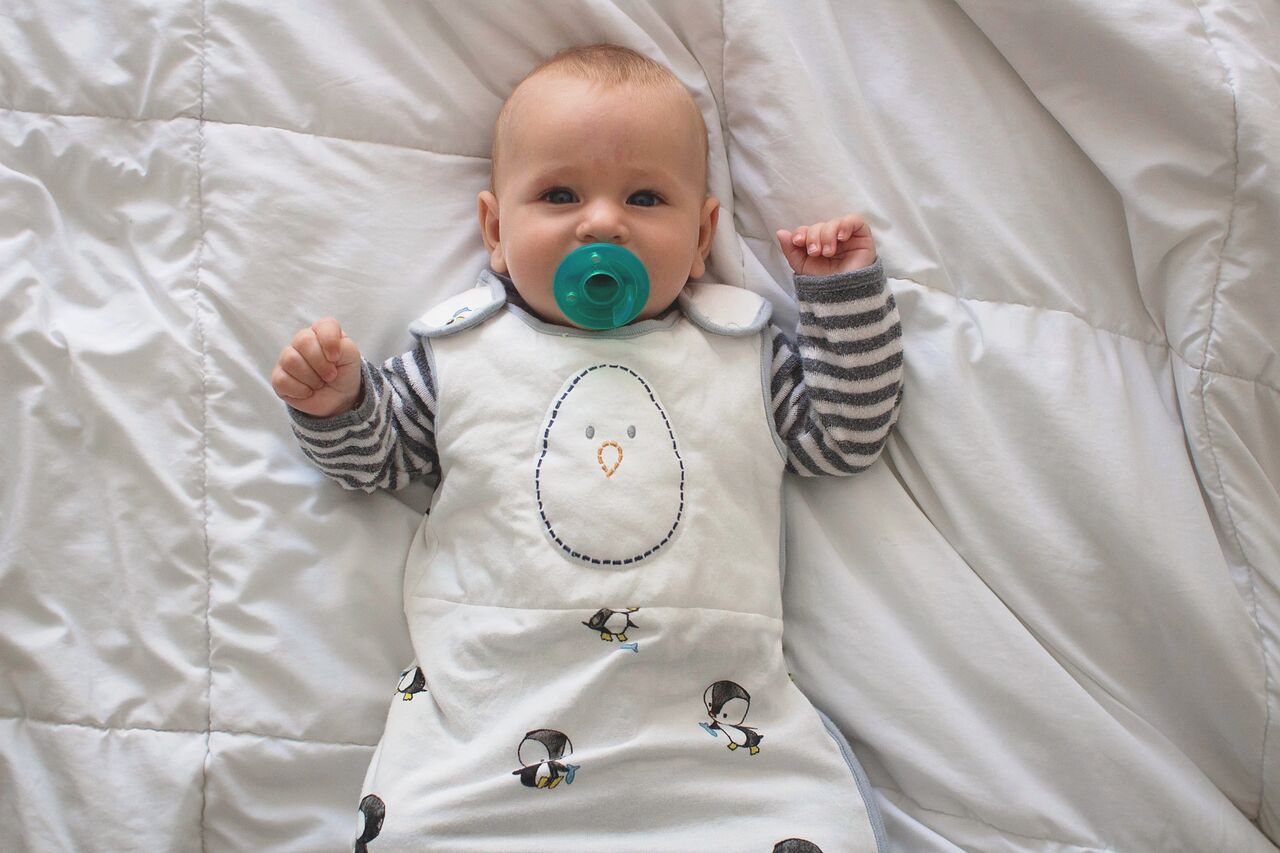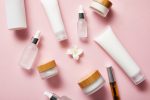
Congratulations! You have a bundle of joy on the way and it’s time to begin preparing. You have a lot of items to purchase for your little one, including bottles, diapers, and clothing.
Baby expenses can add up, making parents want to find as many bargains as possible. While cost-effective baby items can be easier on the family financially, is it the best for your baby’s health?
Studies show that spending the extra money for certain organic baby items are better for your infant in the long run. In some cases, organic baby products can potentially save your child’s life.
Let’s find out how.
Buying Organic vs Conventional Baby Products
When it comes to buying baby items, it’s important to understand the ingredients and materials used to make the items. The ingredients have a correlation to how harmful they can be for your baby. Here are a few item’s contents to help make your decision on getting conventional or organic versions of baby products.
Clothing
Babies go through a lot of clothing from their infancy onward. What many parents don’t take into consideration is the materials used to make those clothing items. Even if parents decide to use regular cotton, which is known for its breathability and quality material, they must consider conventional crop production.
Cotton crops depend on chemicals to grow. Requiring about $2.6 billion in pesticides every year, cotton crops use 25% of the planet’s pesticides and 10% of its insecticides. Toxic chemicals are also added to the clothing during their production, including brighteners, heavy metals, and even ammonia.
Using organic clothing items made of natural cotton, wool, and flannel fibers are a better choice for your baby’s skin. Organic clothing uses trace to no amounts of synthetic chemicals or toxins throughout the entire production process, making them a better option for extended periods of skin contact.
Organic clothing items are not only better for the environment, but your little one will experience less irritation and breakouts based on the lack of harmful additives, too.
Food
This is a touchy subject for many parents that typically begins as soon as the baby is born. The breastfeeding vs formula debate has been going on for a while. While most people consider breastfeeding as an organic way to feed a baby, some mothers may not have a choice to breastfeed or use formula.
There are, however, organic formulas that are a bit pricier than conventional formulas. For mothers unable to breastfeed that don’t want to use breast milk from a fellow nursing mother, you should highly consider buying organic formula. Even if it costs a few more dollars per container, it’s the closest nutritional source to breast milk.
Once your baby is old enough to transition into eating solid foods, the organic vs conventional food debate reappears. One of the major reasons is that conventional foods have a number of hormones injected into them and are often exposed to pesticides and herbicides that can enter a baby’s bloodstream during consumption.
Although organic foods are more expensive, paying more will positively impact your child’s health.
Maintenance and Baby Care Products
Similar to the clothing babies wear, topical products also impact your baby’s health. The majority of commercial baby products used for bathing and moisturizing your baby’s skin are filled with phthalates and parabens, which can cause kidney, liver, and endocrine system damage. Spending the extra money for organic products will keep your baby’s skin moisturized without clogging pores, as organic products are typically made without additives that don’t cause blockages in your baby’s skin.
If you want an alternative to store-bought organic topical products, there are natural ways to keep your baby clean and moisturized. Castile soap is a mild soap made of hemp plants and other natural ingredients that works great for infant skin. The only downside is that it isn’t tear-free, so avoid contact with your baby’s eyes.
You can also use essential oils and natural carrier oils instead of store-bought moisturizers. Coconut oil has antibacterial characteristics and can be mixed with lavender essential oil to calm your baby and get them to sleep after a bath.
Mattresses
Around 2,500 infants die from SIDS every year in the US. What many parents don’t realize is that many cases of SIDS are caused by the mattress they sleep on.
The synthetic components of conventional mattresses combined with airflow blockage lead to a higher risk of SIDS.
Instead, try an organic crib mattress. They are a great way to keep your infant protected while they sleep. They’re more expensive, but you can’t put a price on your infant’s quality of life.
Organic is Worth the Cost
Overall, organic products are better for babies than conventional baby items. Parents may not be able to afford to buy all organic products, but buying as many as you can give your baby a healthier head start.


